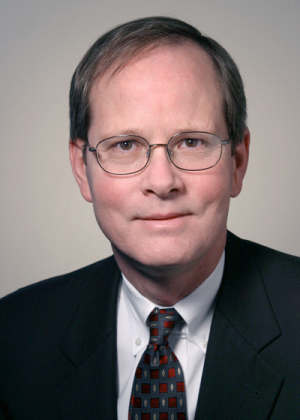por
Brendon Nafziger, DOTmed News Associate Editor | November 08, 2011

John Glaser (Credit: Siemens)
Siemens Healthcare said its purchase of health information exchange vendor MobileMD was driven in part by its view that health care is entering an "era of accountability" that will change how doctors are paid and require better integration of clinical data.
"We're in the early stages of an extraordinary decade," John Glaser, CEO of Siemens' health IT wing, told reporters on a call Tuesday.
On Nov. 4, the Malvern, Pa.-based health care giant
announced it bought MobileMD for an undisclosed sum. On the call, Siemens said MobileMD's chief Todd Fisher will continue to run the company as vice president of Siemens' MobileMD business, and that all employees and locations will operate as before. MobileMD is based in Yardley, Pa.



Ad Statistics
Times Displayed: 29522
Times Visited: 744 Ampronix, a Top Master Distributor for Sony Medical, provides Sales, Service & Exchanges for Sony Surgical Displays, Printers, & More. Rely on Us for Expert Support Tailored to Your Needs. Email info@ampronix.com or Call 949-273-8000 for Premier Pricing.
MobileMD provides software and services to help doctors' offices and hospitals share clinical data across different electronic health record systems. In the past, before health information exchanges started, such information was hard to share.
"It's either been in paper form, or siloed in various systems," Fisher said on the call. "Our business has been to break down those siloes and break down those barriers to information flow that have hobbled care."
Tom Pacek, CIO of South Jersey Healthcare, which runs a network of hospitals and clinics in southern New Jersey, said his group has been using MobileMD to connect data from ambulatory EHRs at physician practices that partner with the group's hospitals to South Jersey Healthcare's own acute systems.
"We have had a great success rate already here at South Jersey," he said.
Sharing is caring
Siemens said sharing data will become increasingly important as health reform and tightening budgets will drive payers to push doctors into better coordinating care.
On the call, Glaser said he foresaw three big changes to how providers will be paid: they will earn less relative to inflation, their pay will be linked to performance, and payments will be holistic - a single sum will go for a total episode of care. For example, for total hip replacement, one payment would cover everything from testing and surgery to rehabilitation.
He also said HIE programs will serve as a foundation for new kinds of community-based EHRs for managing populations, as well as individuals.
Radiology focus
For radiology, Fisher said his company's HIE programs have been helping practices doing reads for hospitals' "overflow." The systems let the practices share reports and images with their hospital customers.
"The delivery of radiological images for diagnostic purposes has historically been a challenge," he noted.

